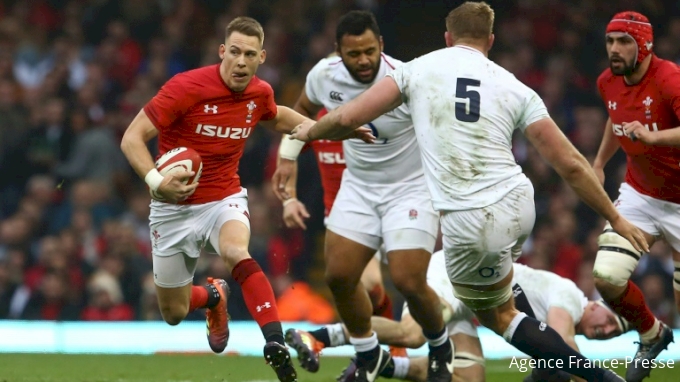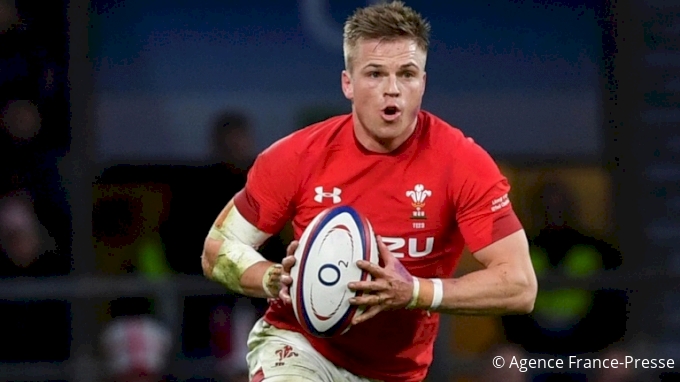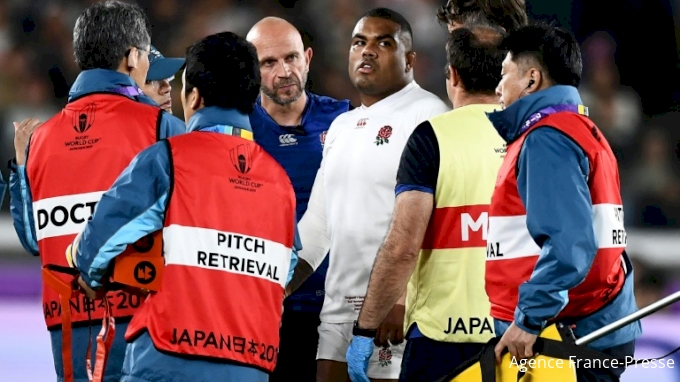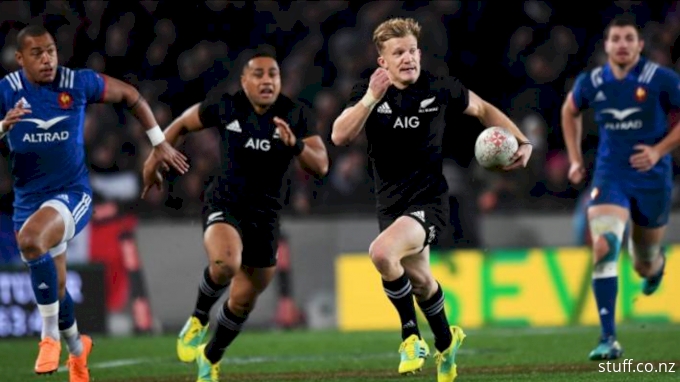5 Biggest Injuries That Changed The World Cup
5 Biggest Injuries That Changed The World Cup
These five players could have significantly changed the scope of the World Cup had they stayed healthy.

The 2019 Rugby World Cup was expected to be the most wide open in years, and it sure delivered. Despite losing their opening match of the tournament, the Springboks went on to claim their third Webb Ellis Cup, defeating Japan, Wales, and England along the way.
The mighty All Blacks fell short of a three-peat after losing to England in the semi-finals, while Wales came within minutes of reaching its first ever final.
The Brave Blossoms of Japan shocked the world once again by toppling both Ireland and Scotland to top Pool A and reach the quarter-finals for the first time ever.
The World Cup certainly lived up to its billing, but how might it have been different if some of the bigger stars hadn't gotten injured? We're looking at five players whose injuries left a major mark on their teams in Japan.
5. Hamish Watson | Scotland

Yes, it's true that Watson is always hurt so it shouldn't have come as a major surprise when he went down in game one vs Ireland, but the Scottish flanker is one of the most underrated players in the world. He is almost impossible to bring down with one tackler, and he is one of Scotland's best breakdown disrupters and ball poachers.
The team did not respond well when he got injured against Ireland, and you have to wonder what kind of impact he could have had against Japan in the final pool game -- a game Scotland lost 21-28.
4. Liam Williams | Wales

Days before the World Cup semi-final against South Africa, Welsh fullback Liam Williams suffered a severe ankle injury in training. His impact for Wales can't go understated, as he is right among the world's very best in the air, in defense, and on the counter attack.
Williams started and starred in all three British Lions tests on the 2017 tour to New Zealand, and is one of the best back three players in the world. In a tight game like Wales had against South Africa -- they lost 19-16 -- Williams could have potentially been the spark they needed.
3. Gareth Anscombe | Wales

Another Welshman to go down, Anscombe tore his ACL in a warm-up match against England one month before the World Cup. As the chief operator behind Wales' 14-game winning streak which included a Six Nations Grand Slam in 2019, Anscombe was "the guy".
As a fly-half that could effectively run, distribute, and kick at a very high level, Anscombe gave Wales the X-factor they've been missing over the years. Had he been available for their run to the semi-final, who knows if they might have had enough in the tank to overcome the Springboks.
2. Kyle Sinckler | England

Devastation struck England prop Kyle Sinckler in the first five minutes of the World Cup final when teammate Maro Itoje's leg collided with Sinckler's head, knocking him out cold. It was tragic for Sinckler, who had been one of the World Cup's best players up to that point, and a massive loss for England.
As those who watched the game will remember, the following 75 minutes were an exhibition of South African dominance at the scrum. On six occasions, the Springboks won penalties at the scrum, and you have to wonder how different things could have been if Kyle Sinckler had not gone down.
1. Damian McKenzie | New Zealand

Unquestionably the injury that threw the biggest wrench into World Cup preparations was Damian McKenzie's torn ACL. Having established himself as the world's best fullback, and the perfect partner to fly-half Beauden Barrett, McKenzie became an indispensable part of Steve Hansen's plans for the All Blacks.
When McKenzie went down, Hansen wasn't sure how to move forward with his "dual fly-half" concept, and so he moved Beauden Barrett from his preferred position of 10 to 15, making room for Richie Mo'Unga at fly-half. While Richie is a phenomenal talent, he is not yet at the level of Barrett, especially considering that Beaudy has been the AB's fly-half since the 2015 World Cup ended. And although Barrett is great at fullback, you don't move the best player in the world out of his first position to make room for another guy.
Not only did New Zealand lose one of its best players when McKenzie went down, but it also found itself trying to fit a square peg into a round hole to make up for the loss.